Lube AlternativesReducing grating, greases, or lubes can improve the pleasure and agreeability of sexual activities. While certain options are OK to employ, there are those that people should avoid. Individual ointments may probably be difficult for some people to find sometimes. In this situation, they may consider optional lube kinds, but they must make a safe decision. This article examines the various types of personal oils, potential safe lubricant options, and which varieties a person should avoid. Types of LubricantsA few lubes are specifically designed for sexual activity, including masturbation and other types of sexual movement. They consist of the following:
List of Possible Lubrication Alternatives1. Aloe-Vera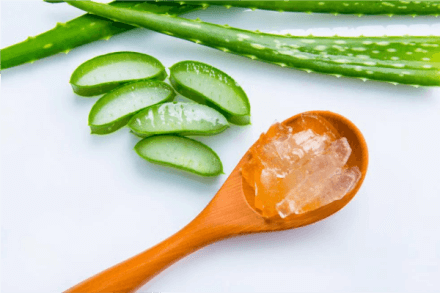
Since aloe Vera is gentle, using it on your body's delicate areas won't irritate you. To avoid any unwanted side effects, it would be best to use pure, unadulterated Aloe Vera gel. Aloe Vera can also be used directly when removed from a home plant. Involvement with condoms is also safe because it doesn't weaken the plastic. 2. Coconut Oil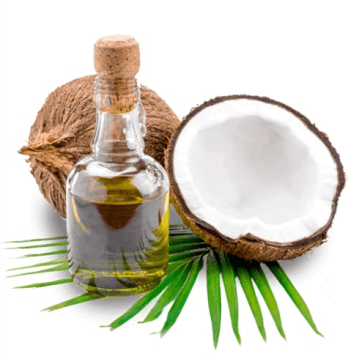
Additionally, coconut oil lasts longer than other greases and aids in preventing dryness. It also reduces the risk of yeast illnesses due to its antifungal qualities. However, caution is advised while using coconut oil as it might cause the condom's plastic to rupture, opening the door for STIs, STI-related illnesses, and unwanted pregnancy. 3. Ghee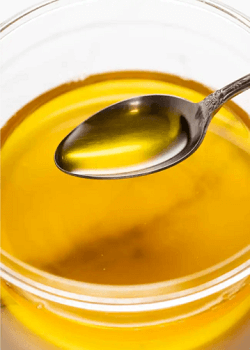
Ghee is a form of clarified margarine that is most often used in Asian cuisine. It has various healing characteristics but is best recognized for its hydrating and calming effects on the skin. Ghee may be put into the sensitive area of your body without much worry, which is exactly what makes it a good choice for lubrication. People who have actively used it also claim that it is excellent for oral sex since it tastes good. Ghee's major risk is that it can cause your condom to crack, making it probably not the best choice for a lasting impression. Make careful to wipe it off unless you think it could smell later. 4. Egg Whites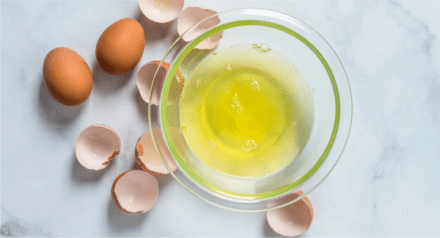
It is common knowledge that egg whites may be used as a lubricant during sexual activity; some believe they aid in conception. To avoid salmonella illnesses, it is advised only to use purified eggs as a lubricant. This is because many believe it is consistent with cervical bodily fluid. However, unlike other options on this list, egg whites need a little more effort to prepare. 5. Nagaimo or Chinese Yam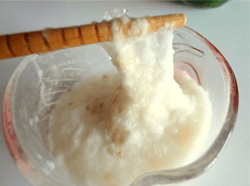
This particular variety of sweet potatoes is popular in China, Japan, and Vietnam. Nagaimo is on this list because of its sticky and filthy surface-features important for its use as a good and potent lubrication. Although it lessens touch and disruption, combining it with something else, such as coconut oil, is advised to make it last longer. It is also advised against using it in conjunction with a condom. 6. Plain or Greek Yogurt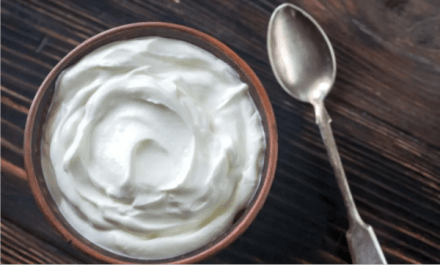
Despite how strange it seems, Greek yogurt works well as a lubricant. Yogurt aids in the treatment of yeast illnesses due to its high pH rating and protein content. Plain yogurt can also be used for the same purpose. 7. Olive oil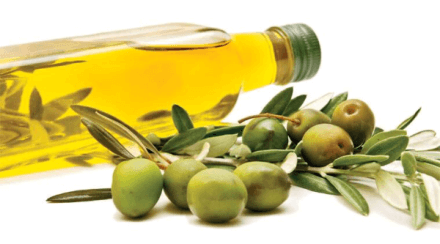
Olive oil is another possible alternative lubrication since it distributes well and quickly. If someone uses olive oil for lubrication, it's important to wipe the oil off the skin thoroughly, because the skin can't easily hold this oil, it might clog pores and cause contamination. It is not advisable to use olive oil with plastic condoms or other plastic barrier contraceptives since it might cause them to crack because it is an oil-based lubricant. Lube Alternatives One Should Avoid Using During Sexual IntercourseMeanwhile, there are some well-known sure lubes that, despite their effectiveness, should be avoided for some reason. We will look into them below. 1. Petroleum Jelly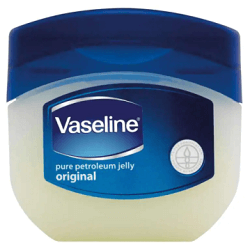
Vaseline or another saturating lubrication is a well-known example, but much to our dismay, what seems gentle on your skin is utterly greasy and bad for your bedding and health. Studies have focused on how it may lead to bacterial vaginosis. So maybe you should stay away from this one. 2. Baby Oil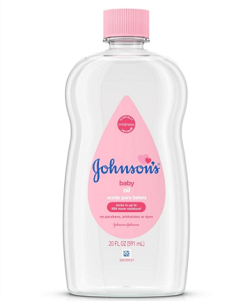
Another no is the use of baby oil as a Lubricant since most of them include mineral oil or gasoline as their basic fixing. If you use it in your vagina, it might increase your risk of developing bacterial vaginosis. Additionally, it isn't easy to wash off. 3. Vegetable Refined Oils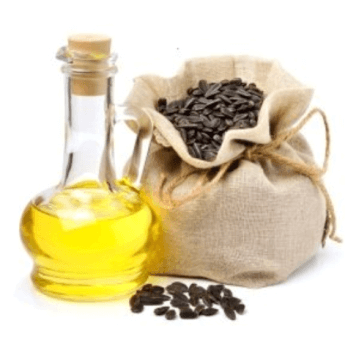
Since refined or hydrogenated cooking oils like canola or some other vegetable oil are heavily processed, keep all oil from your kitchen. They have been heated, colored, and treated with various synthetic drugs. Additionally, they can leave their deposit in your body and stain your linens, increasing the risk of infection. 4. Lotion and Soap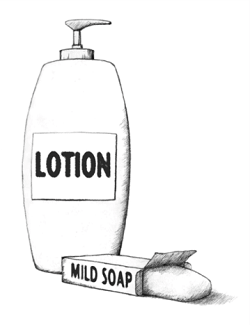
Some moisturizers and cleansers include scents and other ingredients, such as parabens. These may cause discomfort and even illness. If the products are mild or fragrance-free, people can use salve or cleanser as lube. 5. Butter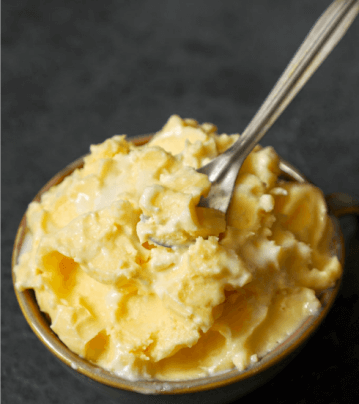
There are risks if people use butter for sex because it is a dairy product that must be refrigerated. For instance, if someone spreads margarine in the vagina or the rear end and doesn't clean the area properly after a while, the spread may spoil and smell. This might result in an illness from bacterial growth. 6. Spit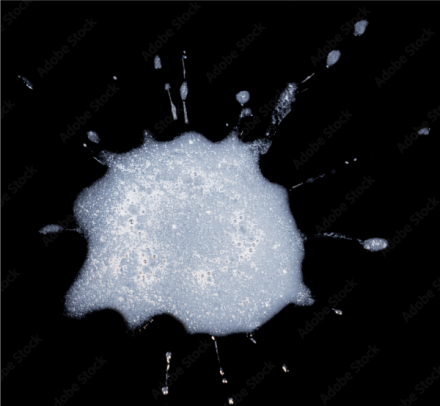
Salvia is a significant factor in oral sex; therefore, some may assume it would make a good lubrication choice. In each scenario, there is a chance that someone will contract a sickness or pass down a physical contamination. One study on male sexual activity suggests that those who use their spit as a lubricant might spread gonorrhea. Spit used during oral intercourse has increased the risk of vaginal yeast infections in more experienced concentrates. Risks One Can Face After Using the Wrong Lube Alternative.The risk of altering the pH in the vagina or rectum while using household or unsightly greases during intercourse is significant. The pH of the vagina is typically between 3.8 and 4.5, which is acidic. The rectum often has a pH level close to 7, which is neutral. The pH in this area can change if you use an ointment with a different pH than the vagina or rectum. A change in pH in the vagina can cause bacterial vaginosis, a bacterial infection. The putrid vaginal discharge might be a sign of bacterial vaginosis. Other adverse effects might include painful urination, tingling in the vagina, and painful sex. People facing bacterial vaginosis require urgent medical treatment. Common lubricants that include sugars or sugar-related substances, such as glycerin, increase the risk of developing yeast infections. The following are examples of the symptoms and indications of yeast disorders that overlap with vaginosis:
Anyone who uses a common lube and then experiences an adversely sensitive or uncommon reaction should seek emergency medical attention. ConclusionRegular Lubricants may contain household goods like yogurt and oils or commercial components. People may use common lubricants rather than some unnecessary additives in commercial goods, because they may damage condoms or change the pH in the vagina or rectum, experts do not advise people to prepare and use daily lubricants. Other water- or silicone-based lubricants might be irritating. Before selecting a natural lube, people should consult a specialist to ensure it is safe and effective.
Next TopicPlan B Alternatives
|
 For Videos Join Our Youtube Channel: Join Now
For Videos Join Our Youtube Channel: Join Now
Feedback
- Send your Feedback to [email protected]
Help Others, Please Share









